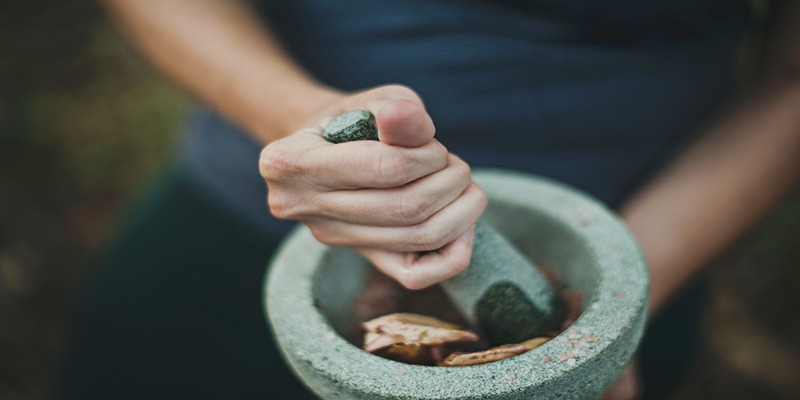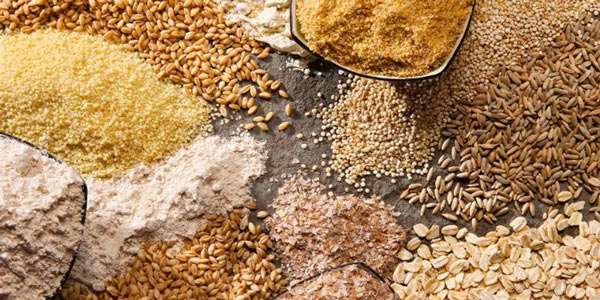
Quercetin is a flavonoid, which is a class of naturally occurring compounds. Antioxidants are well-known for their prevalence in foods including fruits, vegetables, and grains. That's because quercetin may counteract free radicals, which are potentially dangerous substances. In doing so, it may protect the body against illness and minimize inflammation. People may get their fill of quercetin by eating a diet loaded with fruits and vegetables, and it's also sold as a supplement. The goals of this article are to explain how quercetin may help your health, to list certain foods that are particularly high in it, and to talk about how much of it you should be eating.

Quercetin Benefits
Health Impacts of Quercetin
The effects of quercetin on health are many and noteworthy. By strengthening the immune system, this chemical aids in the prevention of disease. Additionally, its anti-inflammatory qualities are remarkable; quercetin helps decrease swelling and discomfort in illnesses such as arthritis. To help alleviate allergy symptoms like sneezing and itching, quercetin serves as a natural antihistamine. Quercetin is also important since it helps keep your heart healthy. It helps people keep their blood pressure where it should be and enhances their cardiovascular health overall. There is evidence that quercetin may protect against neurodegenerative illnesses and improve brain function, both of which are important for mental health. It's also good for those with diabetes since it helps regulate blood sugar. Last but not least, its antioxidant qualities are crucial to skin health, since they prevent damage from environmental factors like UV rays and pollution.
Scientific Evidence Supporting Benefits
The purported health advantages of quercetin have been supported by scientific studies. Its ability to boost the immune system has been the subject of several research. Recent studies have shown that quercetin may assist the body fight off infections and decrease inflammation by modulating the immune system's response. Taking quercetin regularly has been demonstrated to improve cardiovascular health by lowering blood pressure, especially in those who are hypertensive. This is due to the fact that it enhances the performance of blood vessels. Clinical experiments have shown that quercetin may alleviate allergy symptoms by blocking the production of histamines. In terms of mental health, quercetin has shown promise in preserving neurons and increasing memory and learning, suggesting it may have a role in avoiding cognitive decline in experimental tests. Furthermore, quercetin may be useful for diabetic individuals since it improves insulin sensitivity and aids in blood sugar regulation. Last but not least, its antioxidant qualities have been shown in several studies to prevent skin aging and environmental damage.

Top Quercetin Foods
Quercetin is widely available via a healthy diet, since it occurs naturally in many common foods. Excellent sources include apples and berries (especially blueberries and blackberries). The greatest concentration is found in the skin of these fruits, therefore eating them whole is optimal. Onions, especially the red and yellow types, are a vegetable that contains a lot of quercetin. Tomatoes, broccoli, and kale all have respectable quantities. Capers, dill, and cilantro are great complements to any meal for individuals who appreciate herbs and spices since they have a high concentration of quercetin. Cherry, red grape, and olive fruit are very high in this flavonoid, and all three are delicious. In addition to fruits and vegetables, you can get quercetin from nuts, seeds, and whole grains like buckwheat. Finally, a delicious approach to enjoy this beneficial ingredient is via the use of liquids with a high quercetin concentration, such as red wine, black tea, and green tea.
Incorporating These Foods into Your Diet
It's simple and flexible to include quercetin-rich foods to your diet. Quercetin-rich foods include berries and apples, which are a great addition to your morning bowl of oatmeal. Another simple technique is to eat nuts and seeds as a snack or to add them to salads. You can eat more quercetin by eating salads and stir-fries with plenty of onions, kale, and broccoli for lunch and supper. Dill and cilantro, for example, are high in both taste and the antioxidant quercetin, and may be used as a garnish or in a dressing. Apples, grapes, and cherries, among others, are rich in quercetin, and include them in your diet as sweets or snacks is a great way to increase your intake. For those who drink tea, going for black or green tea might be a calming way to obtain your daily dosage of this flavonoid. Moderate use of red wine may provide you with quercetin and add some fun to your diet.
Quercetin Dosage
Safe Dosage Guidelines
To get the advantages of quercetin while minimizing any negative effects, it is essential to find the optimal dosing regimen. Adults might benefit from a daily dosage of 500–1000 milligrams. Supplements or a healthy diet high in quercetin-containing foods may help you reach this goal. It's crucial to remember that although quercetin supplements give a concentrated dosage, they should be used with care. If you take more over 1,000 milligrams per day, you risk experiencing side effects including dizziness and nausea. If you decide to take a supplement, it's best to begin with a modest amount and gradually increase it while keeping an eye on your body's reaction. If you have any preexisting health concerns or are already taking any drugs, you should always see your doctor before beginning a new supplement program.
Considerations for Different Age Groups
Dosage of quercetin may be adjusted for age and certain health conditions. Due to the lack of data on the optimal dose for children, it is recommended that they acquire their quercetin from a varied and healthy diet rather than from supplements. A lower dose may be preferable for older individuals, particularly those with chronic diseases or who are taking several drugs. Since the safety of large dosages of quercetin in these populations isn't proven, pregnant and nursing women should proceed with caution before adding quercetin supplements to their routine. Remember that quercetin from food is completely safe for people of any age, and may provide a considerable portion of the RDI without the hazards of high-dose pills.
Conclusion
One of the most promising flavonoids, quercetin, has recently come into the spotlight for its wide range of health advantages, including those related to the immune system and the cardiovascular system. It's simple to add into your diet because to the abundance of fruit, vegetable, and grain options. It is important to follow safe dosage guidelines and take into account personal aspects like age and health problems while taking supplements, since they may deliver concentrated dosages. Embracing a diet abundant in quercetin-rich foods promotes not only the consumption of this beneficial chemical but also a balanced intake of other necessary nutrients, contributing to general health and well-being.



